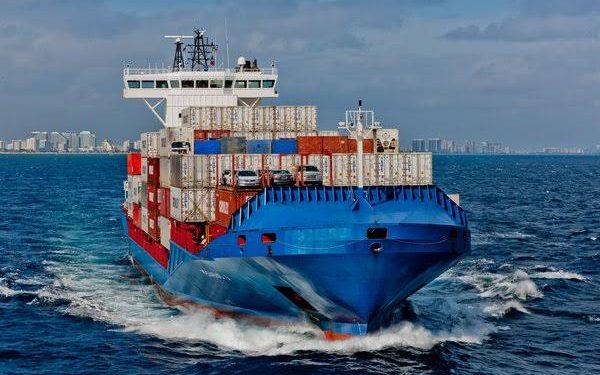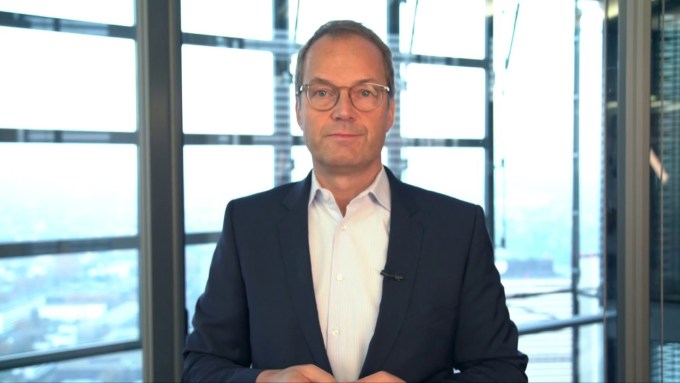Shipping companies and port operators in Nigeria are calling on the government to reduce taxes and review port charges to restore competitiveness, as high berthing fees continue to drive businesses to alternative ports in neighboring countries.
Following the recent 15 percent increase in port and marine fees by the Nigerian Ports Authority (NPA), the cost of berthing vessels at Nigerian seaports has surged from $150,000 to nearly $200,000. The Shipping Agencies, Clearing and Forwarding Employers Association (SACFEA) warned that this development is making Nigerian ports increasingly unattractive for global trade.
At a press briefing in Lagos, SACFEA Chairman, Boma Alabi, compared berthing fees in Nigeria with those of other major ports, revealing stark differences. She noted that while Tema Port in Ghana charges $15,000, Shanghai $21,000, Lome $26,000, Cotonou $27,000, Singapore $29,000, and Abidjan $60,000, Nigerian ports are now among the most expensive in the region.
Alabi referenced a report by NPS Meridian Port Services Limited, which highlighted that Tema Port handles 1.9 million TEUs (Twenty-Foot Equivalent Units) annually, whereas Nigerian ports process only 1.2 million TEUs per year. She attributed this to excessive charges that discourage businesses from using Nigerian ports.
“The high cost of doing business at Nigerian ports is pushing shipping companies to relocate to more competitive ports in Ghana, Togo, and Benin Republic. This not only weakens our economy but also leads to job losses and reduced government revenue,” she said.
She further pointed out that the rising costs have significantly increased container prices. A 20-foot container that previously cost N55,000 now goes for N145,000, while a 40-foot container has jumped from N100,000 to N290,000—excluding port charges and logistics fees.
According to Alabi, these escalating costs are forcing importers and exporters to reroute their shipments through neighboring countries, using alternative means to bring goods into Nigeria, ultimately weakening the country’s logistics sector.
Echoing similar concerns, Deputy Managing Director of CMA CGM Nigeria, Ramesh Saraf, highlighted the struggles at Lekki Deep Sea Port despite significant foreign investment.
“Lekki Deep Sea Port began operations in April 2023 at less than half its capacity, and currently, activity levels have dropped even further. The cost of operations at Lekki is almost three times higher than at ports in other countries, making it difficult for businesses to thrive,” Saraf explained.
He further noted that the anticipated job creation at Lekki Port had not materialized as expected, adding that with the recent increase in port and marine fees, trans-shipment costs in Nigeria are now more than three times higher than in competing ports.
Industry stakeholders are urging the government to address the challenges by aligning port charges with those of neighboring countries. Alabi emphasized that reducing port fees would increase cargo throughput, boost government revenue, and create more job opportunities for young Nigerians.
“The government must act now. If port charges remain this high, Nigeria will continue losing business to neighboring countries, further straining the economy,” she warned.










